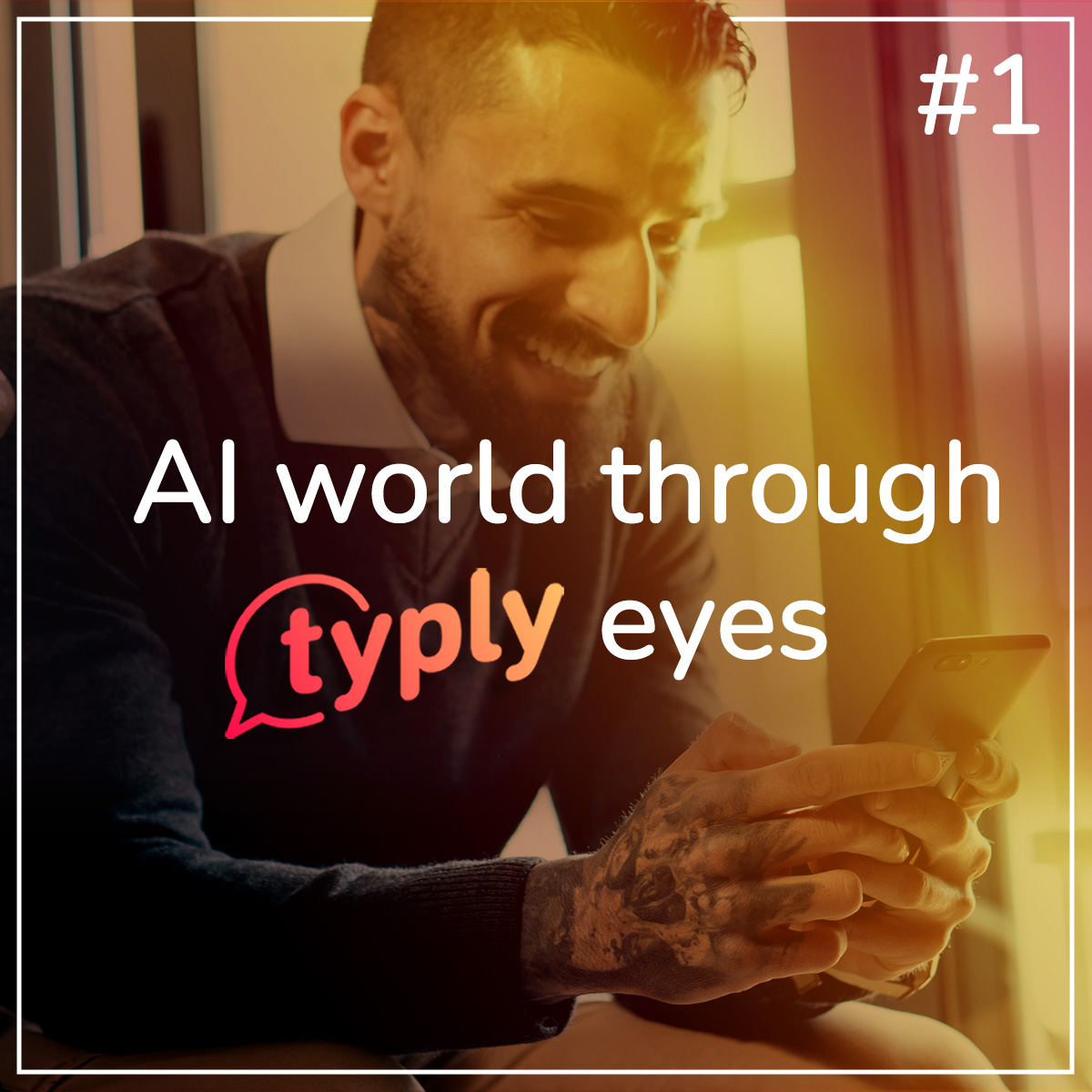Welcome to the fascinating world of AI, where innovation and technology come together to create a smarter tomorrow. We’re excited to present to you the first installment of “AI world through Typly eyes” a series of posts that brings you the latest news and insights from the ever-evolving world of artificial intelligence. So, fasten your seatbelts and join us on this thrilling journey of discovery and exploration 🚀
If you’ve ever stumbled over a sentence and had a hard time understanding it, then you know how frustrating comprehension problems can be. But what if there was an easy way to predict which sentences will be easier or harder for us to interpret? That’s exactly what cognitive scientists are exploring with their new model that explains difficulty in language comprehension. This revolutionary development, based on the latest machine learning and statistical analysis methods, could help make sense of the perplexing world of human communication and give us predictive insights into our own conversational abilities. One key aspect at play here is memory limits: when we encounter complex syntactic structures like embedded clauses (think “Bob threw the old trash that had been sitting in the kitchen for several days [out].") we have difficulty tracking all elements as they become available — thus making it harder to comprehend upcoming words in context. Researchers quantify these difficulties by measuring response times according to various tasks; longer uptake indicates tougher cognitive navigation.
But thanks to MIT researchers, who recently published their findings in Proceedings of the National Academy of Sciences, this challenge has now become more manageable! Their proposed theory integrates two other existing models – one focusing on expectation delay & another on failed memory retrieval – into a unified approach grounded in cognitive efficiency principles. Plus, it draws from contemporary AI natural language tools like GPT-2 which enable data testing at high scales not achieved before (hence helping build up an accurate picture of how humans actually process information.) Finally, they consider even finer nuances like rare word combinations within contexts that further complicate anticipation accuracy… so long story short - things are looking up!
At Typly we leverage such research advancements behind-the-scenes every day as part of our mission towards driving smarter AI writing assistant technologies — such as our very useful writing assistant which supports your messaging needs with just one click! By leveraging AI generated sentiment insights about message recipients (at scale 🤟😮), auto-scored relevance levels & cohesive contextual content selection – dialogues crafted using Typly feel remarkably natural & meaningful yet require hardly any effort or knowledge from users ahead choosing optimal responses 👉🏻 call it ‘intelligence without extra work’ 😎
